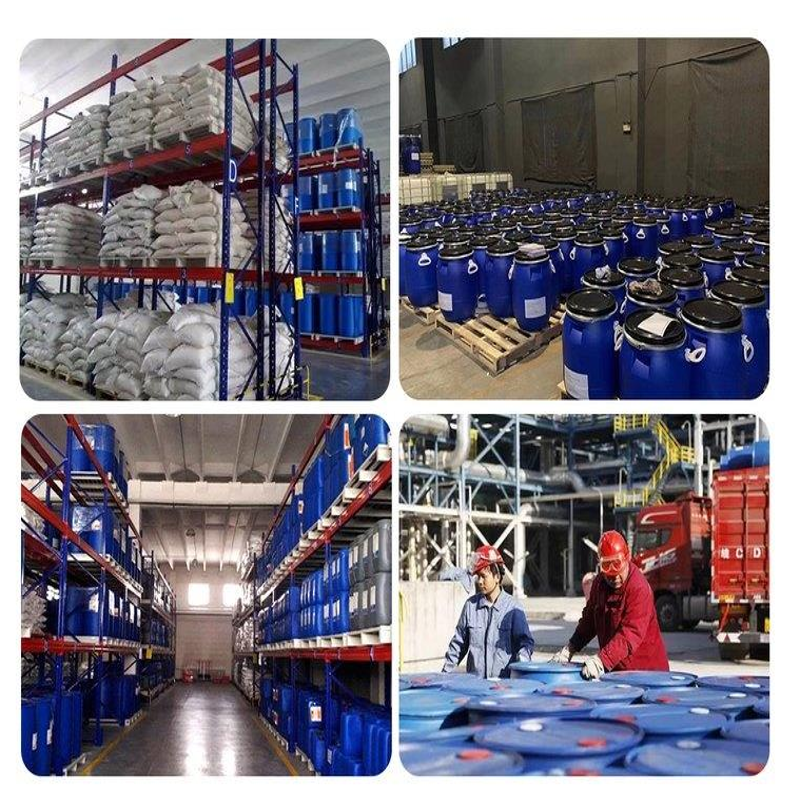-
Categories
-
Pharmaceutical Intermediates
-
Active Pharmaceutical Ingredients
-
Food Additives
- Industrial Coatings
- Agrochemicals
- Dyes and Pigments
- Surfactant
- Flavors and Fragrances
- Chemical Reagents
- Catalyst and Auxiliary
- Natural Products
- Inorganic Chemistry
-
Organic Chemistry
-
Biochemical Engineering
- Analytical Chemistry
-
Cosmetic Ingredient
- Water Treatment Chemical
-
Pharmaceutical Intermediates
Promotion
ECHEMI Mall
Wholesale
Weekly Price
Exhibition
News
-
Trade Service
Germany's windfall tax on energy windfall profits may be coming
.
On Wednesday, November 23, local time, the media quoted a source from the German Ministry of Finance as saying that the German government plans to implement a special tax
called "EU energy crisis contribution" on oil, coal and gas companies and refiners whose revenues may be 1 billion to 3 billion euros in 2022, that is, before the end of this year.
According to a draft finance ministry document, the government plans to deduct 33 percent of the windfall profits they receive from operating these energy sources if their profits this year and next are 20 percent
or more higher than their average from 2018 to 2021.
Sources said that Germany has studied a variety of ways to implement taxation, and the legal risk posed by its choice of tools is minimal
.
However, some tax law experts believe that the above-mentioned windfall profits tax may violate the general principle of
equality because enterprises are treated unreasonably unequally.
This is the news
of a windfall tax on energy industry in Germany in recent months.
Wall Street News mentioned in early September that Germany is considering a windfall profits tax on energy groups, and the proceeds will be used for a 65 billion euro bailout package to cushion the impact
of soaring inflation and rising energy bills.
German Chancellor Scholz said at the time that the government would set a profit cap on energy producers that generate non-natural gas such as wind, solar, biomass, coal and nuclear, and that these companies are making "excessive" profits
because the price of electricity is determined by the price of natural gas.
Tax revenues will be used to "brake electricity prices" to ensure that private households use electricity
.
A draft document disclosed in October showed that the German government plans to cap prices for domestic and industrial electricity consumption, and that the plan will be funded mainly by a windfall profits tax levied on power companies, considering taking away 90 percent of their profits
.
According to a draft document obtained by the media on Tuesday, the German government plans to impose a price cap on gas and electricity prices dating back to January next year from March next year, and limit the costs
faced by individual households and small businesses in the country by the end of April 2024.
Funding for the plan will come from a temporary government levy on the ultra-high profits of power utilities, which could be retroactive as early as September 1 and last until at least June
.
However, CCTV reports on Wednesday pointed out that Germany's windfall profits tax on the energy industry is facing resistance
.
The German Investor Protection Association said it opposed retroactive tax intervention, which would be unfair
to energy companies.
The association believes that energy companies receive neither tax breaks nor subsidies when profits are low, and that a windfall profits tax when their revenues rise will discourage companies from investing and slow the transition to green energy
.
Katharina Beck, a spokeswoman for Germany's environmentalist Green Party, said a large number of domestic companies could circumvent the government's planned windfall profits tax
by shifting profits abroad and limiting their own operating income.
Moreover, the proposed windfall profits tax on oil and gas companies is far from reaching the necessary level, and the windfall profits tax on the natural gas and oil industries should reach 60% to 80%, which is equivalent to a 90% windfall profits tax
on power companies.







